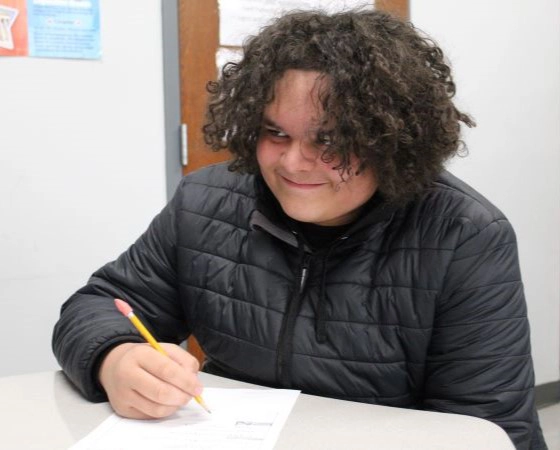Admission and Enrollment
Rivermont Schools partners with school districts to provide services to students with autism or emotional support needs when district personnel identifies a student who would benefit from an out of district placement.
At Rivermont, we know students can thrive when placement at our school is a decision the entire Individualized Education Plan (IEP) team stands behind. We work hand in hand with district partners to determine appropriate out of district placements for each child and young adult needing additional services.
Exploring an out of district placement often feels overwhelming and confusing. If you have questions, we are here to help you navigate this process. Email info@newstoryschools.com or fill out the form on the Contact Us page and we will be in touch with you in 24-48 hours to answer any questions you may have. We are here to help.




